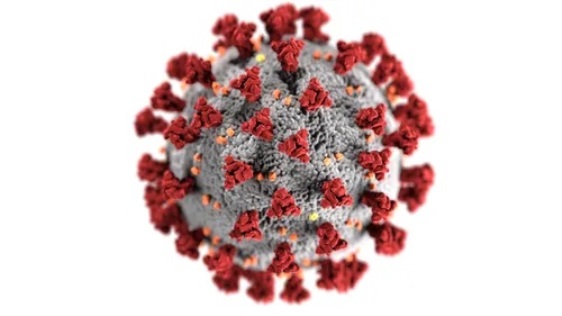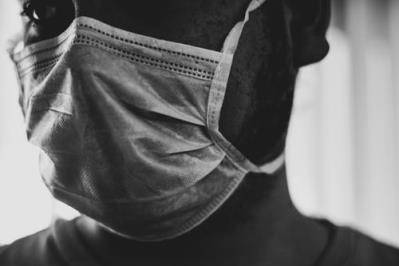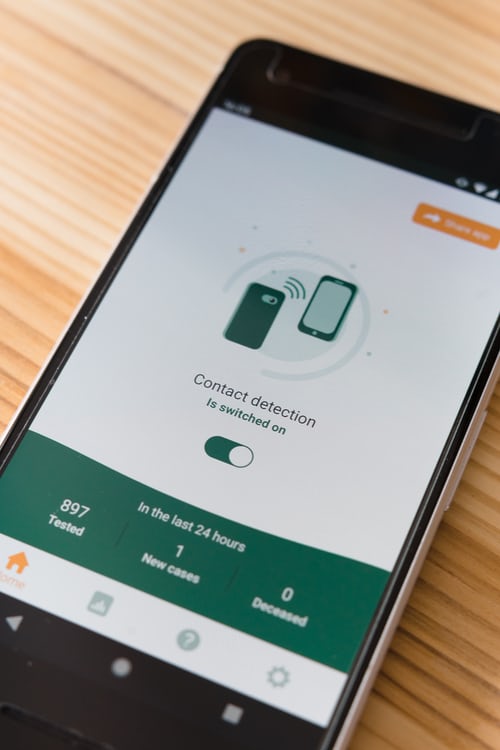Infected
Having the coronavirus
Some people who are diagnosed with novel coronavirus infection (COVID-19) will need to be managed in hospital, while most people who are less unwell can be managed at home in isolation. If you are someone who has been diagnosed with COVID-19 and are being managed at home you must self-isolate and follow this advice until your doctor or the public health unit advises that you no longer need to be in isolation.
Symptoms of the virus
A fever with a high temperature
Some people get a fever when they are infected.
Shortness of breath
By touching infected people or objects, then touching their eyes, nose or mouth
Endless coughing
When you start caughing and can barely stop.



When you should contact a medical specialist
IMPORTANT: If you have severe difficulty breathing, call triple seven (777) immediately and tell the call handler and the paramedics on arrival about your recent travel history and any close contact with a person with confirmed or probable COVID-19. Check your symotoms: Use the CoronaVirus (COVID-19) SYmptom Checker to find out if you need to seek medical help.
When should I see my doctor? The coronavirus that causes COVID-19 can have a range of symptoms (from no symptoms at all to pneumonia). fever (high temperature), sweats or chills flu-like symptoms such as cough, sore throat, headache and fatigue (tiredness) shortness of breath runny nose If you are experiencing any of these symptoms, use the healthdirect Symptom Checker to find out what to do next. If the Symptom Checker tells you to seek medical help, call your doctor’s clinic or the hospital before your visit and tell staff about your symptoms and travel history before your visit. You should also let them know if you’ve had close contact with a person with a confirmed or probable case of COVID-19 (including in 24 hours before they became unwell). While COVID-19 is of concern, it's important to remember that most people with symptoms such as fever, cough, sore throat or tiredness will have a cold or other respiratory illness — not COVID-19. If you don’t have any symptoms, you do not need to be tested for COVID-19 (see ‘I don’t have symptoms but would like to be tested for COVID-19...’).
Precautionary measures
The best way to protect yourself is the same as you would against any respiratory infection. Practice good hygiene by: making sure to clean your hands thoroughly for at least 20 seconds with soap and water, or an alcohol-based hand rub cover your nose and mouth when coughing and sneezing with tissue or a flexed elbow avoid close contact with anyone with cold or flu-like symptoms. Make sure you stay home if you are sick.
Precautionary measures
Older adults and people who have severe underlying medical conditions like heart or lung disease or diabetes seem to be at higher risk for developing more serious complications from COVID-19 illness. More information on Are you at higher risk for serious illness?
What you should do
Clean your hands regularly
Wash your hands often with soap and water for at least 20 seconds especially after you have been in a public place, or after blowing your nose, coughing, or sneezing.
Use paper tissues
Cover your mouth and nose with a tissue when you cough or sneeze or use the inside of your elbow.Throw used tissues in the trash.
Sneeze Into Your Elbow
Immediately wash your hands with soap and water for at least 20 seconds. If soap and water are not readily available, clean your hands with a hand sanitizer that contains at least 60% alcohol.
Work from home if possible
Avoid close contact with people who are sick Put distance between yourself and other people if COVID-19 is spreading in your community. This is especially important for people who are at higher risk of getting very sick.
What you should avoid
Shake hands
Handshaking is an efficient way to spread germs, since we touch our faces multiple times every hour.
Crowded area’s
avoiding crowds and mass gatherings where it is difficult to keep the appropriate distance away from others.
Go outdoor with a cold
If you are age 60 or over or have an underlying health condition such as heart disease, lung disease, or diabetes, be extra careful about being around others—either indoors or outdoors.
Keep your distance
Going out for a walk is good exercise and psychologically beneficial. But, avoid contact with people who are sick, and maintain a 6-foot distance between others.
Frequently Asked Questions
Coronaviruses are a large group of viruses that cause diseases in animals and humans. They often circulate among animals and can sometimes evolve and infect people. In humans, the viruses can cause mild respiratory infections, like the common cold, but can lead to serious illnesses, like pneumonia.
General
The symptoms are similar, including fever, cough, and shortness of breath. Some patients with novel coronavirus have had gastrointestinal problems or diarrhea. To diagnose a potential case, healthcare professionals may use a COVID-19 diagnostic test and/or run tests to rule out flu and other infections.
Infection with COVID-19 is diagnosed by finding evidence of the virus in respiratory samples such as swabs from the back of the nose and throat or fluid from the lungs. Samples for testing can be taken directly by GPs or at a range of private pathology sites across the country that are suitable for collection of COVID-19, or at public hospitals in Juba. Refer to COVID-19 clinics for locations of States Health COVID-19/flu assessment clinics.
Some simple measures significantly reduce the risk of catching COVID-19 and of spreading it: Clean your hands with soap and water for 20 seconds, or use an alcohol-based hand rub/sanitiser. Cover your nose and mouth with a tissue when coughing and sneezing or use your elbow, not your hands Avoid close contact with people unwell with cold or flu-like symptoms, and stay home if you have these symptoms. Avoid touching your face and avoid shaking hands with others. Try to maintain a distance of 1.5 metres from others as much as possible, and avoid crowded places.
South Sudan government has announced a ban on all overseas travel. For more information, check the advice.
Symptoms
The first symptoms of COVID-19 and influenza (flu) infections are often very similar. They both cause fever and similar respiratory symptoms, which can then range from mild through to severe disease, and sometimes can be fatal. Both viruses are also transmitted in the same way, by coughing or sneezing, or by contact with hands, surfaces or objects contaminated with the virus. As a result, the same public health measures, such as hand hygiene (hand washing), good respiratory etiquette (coughing into your elbow or into a tissue and immediately disposing of the tissue) and good household cleaning are important actions to prevent both infections.
If you have been overseas in the last 14 days, you should: self isolate yourself from others for 14 days from the day you returned or arrived from overseas and monitor yourself for symptoms.
Yes, South Sudan Minister for Health and Medical Research has issued public health orders to protect the community and limit the spread of COVID-19 (coronavirus).
Vivamus vehicula, velit et tincidunt imperdiet, ipsum felis rutrum est, non egestas erat mi hendrerit lacus. Vestibulum ac arcu est. Duis ac neque egestas, efficitur nunc sed, mollis magna. Aliquam ac scelerisque velit, id blandit odio.
Medical
The infection period for the virus will vary from person to person. Mild symptoms in an otherwise healthy individual may resolve over just a few days. Similar to influenza, for an individual with other ongoing health issues, such as a respiratory condition, recovery may take weeks and in severe cases could be potentially fata.
If your symptoms are serious, you will stay in hospital — isolated from other patients to prevent further spread of the virus. If you’re well enough to stay at home, you must remain isolated in your home or accommodation until public health officers tell you it’s safe to return to normal activities. This is likely to be one day after your symptoms have disappeared.
Here in South Sudan the people most at risk of getting COVID-19 coronavirus infections are those who have: recently returned from overseas been in close contact with someone who has been diagnosed with COVID-19.
Protection
Soon we will get advice and information for pregnant women and their families about COVID-19...
Some simple measures significantly reduce the risk of catching COVID-19 and of spreading it: Clean your hands with soap and water for 20 seconds, or use an alcohol-based hand rub/sanitiser. Cover your nose and mouth with a tissue when coughing and sneezing or use your elbow, not your hands Avoid close contact with people unwell with cold or flu-like symptoms, and stay home if you have these symptoms. Avoid touching your face and avoid shaking hands with others. Try to maintain a distance of 1.5 metres from others as much as possible, and avoid crowded places.
Travel
No, you must stay home and seek midcal check up.

